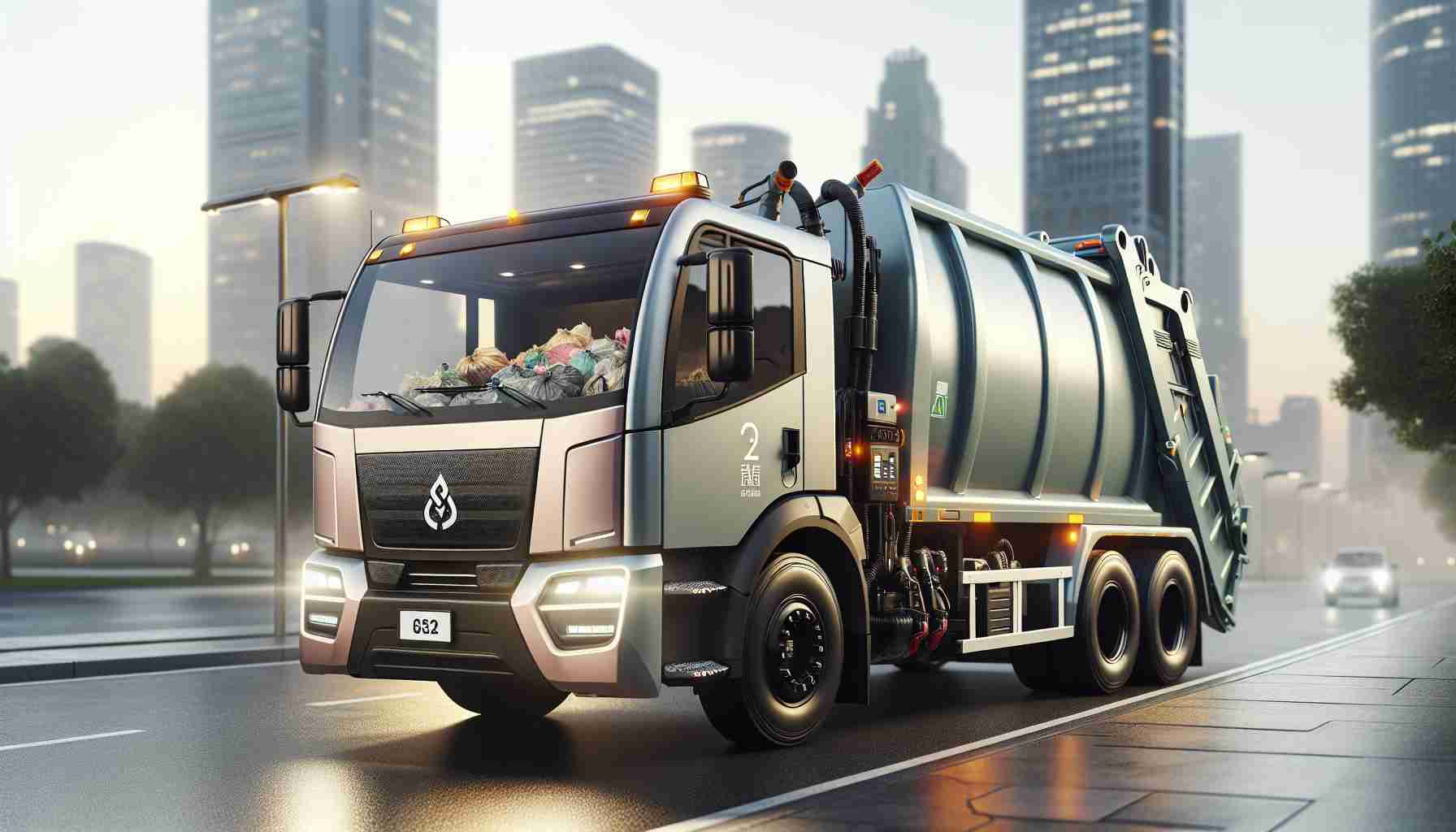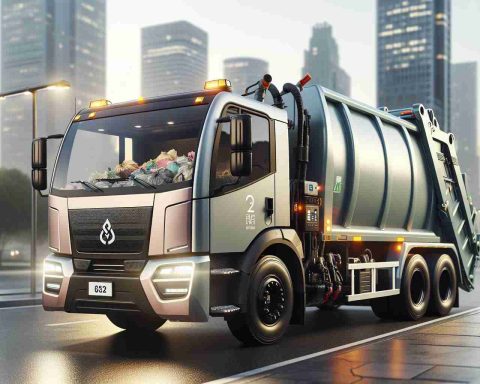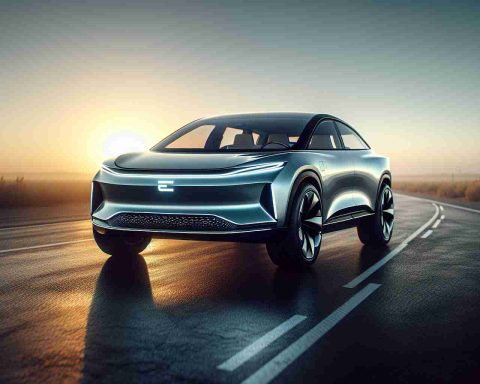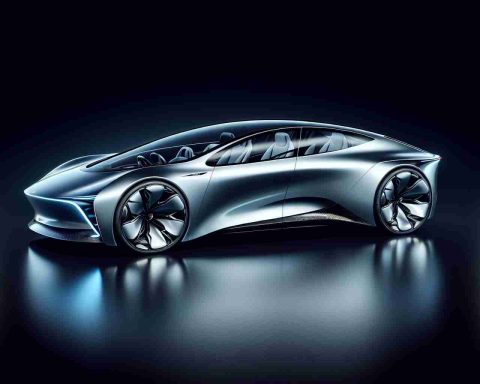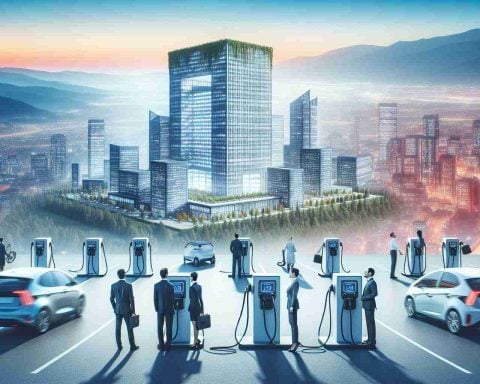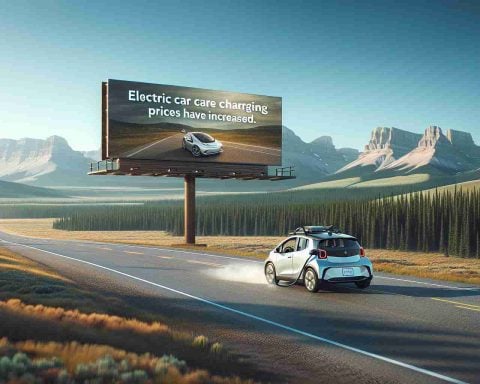- BCP Council is investing significantly in electric bin lorries to promote sustainability, despite higher upfront costs compared to diesel alternatives.
- An electric bin lorry costs £412,903, which is £157,000 more than a diesel lorry. However, lower operational costs help offset some expenses.
- The council reports savings of £10,000 in charging costs and £42,000 in maintenance per lorry, emphasizing long-term economic benefits.
- Since 2021, BCP Council has integrated seven electric lorries and 67 electric vans, effectively reducing carbon emissions.
- The council aims for carbon neutrality by 2030, contributing to the eco-friendly transformation of Bournemouth, Christchurch, and Poole.
- Plans are underway to expand the electric fleet by over 100 vehicles, complementing current efforts with rapid charging technology.
- This initiative is seen as an investment in environmental stewardship and a sustainable future for upcoming generations.
Amid the steady hum of municipal duties in Bournemouth, Christchurch, and Poole, a quieter revolution is unfolding. BCP Council’s decision to invest heavily in electric bin lorries — despite their hefty price tags — raises eyebrows, yet it signals a bold commitment to a greener future.
On paper, an electric lorry’s price tag of £412,903 starkly contrasts with its diesel counterpart, a modest £205,020. Though operational savings are seen with £10,000 lower charging costs and £42,000 reduced maintenance expenses, the math leaves electric bin lorries £157,000 dearer in total costs. Skeptics scrutinize this financial leap, especially as the council grapples with broader fiscal restraints.
However, the council’s strategy transcends these numbers, casting a profound spotlight on sustainability. By steadily integrating seven electric lorries and 67 electric vans since 2021, they’ve already slashed carbon emissions and brought tranquility to bustling streets. This shift not only echoes their promise of carbon neutrality by 2030 but also molds Bournemouth, Christchurch, and Poole into vibrant eco-conscious communities.
As the council gears up to expand its electric fleet by over 100 vehicles, doubt dances with optimism. Yet, each humming charge underlines an unyielding stride toward a cleaner tomorrow. Despite the steep initial investment, these innovative vehicles promise a nod toward sustainability, cultivating a legacy of reduced carbon footprints. BCP Council boldly harnesses new technology, anticipating long-term economic and environmental payoffs. This move, coupled with cutting-edge rapid chargers, paints a visionary landscape where economic soundness aligns with environmental stewardship, promising a longer-lasting, impactful legacy for generations to come.
Bournemouth’s Bold Step: Are Electric Bin Lorries the Future?
BCP Council’s ambitious decision to invest in electric bin lorries is a significant move towards a sustainable future, with profound implications for both local communities and global environmental goals. While the financial cost raises concerns, the long-term benefits may prove transformative.
Financial and Environmental Impacts
The shift from diesel to electric bin lorries involves a substantial initial investment, raising questions about cost-effectiveness. The electric lorries’ price of £412,903 is considerably higher than the £205,020 for diesel trucks, leading to a total additional cost of £157,000 when considering the lower operational costs. Despite this, the council has highlighted several long-term benefits:
1. Reduced Carbon Emissions: Electric vehicles produce zero exhaust emissions, significantly lowering carbon footprints in urban areas. For communities like Bournemouth, Christchurch, and Poole, this shift aids their commitment to carbon neutrality by 2030.
2. Lower Noise Pollution: Electric lorries operate much quieter than diesel vehicles, which can improve quality of life in busy urban areas.
3. Maintenance and Operational Savings: The council has seen a £10,000 reduction in charging costs and £42,000 in maintenance expenses, suggesting economic benefits over time.
Broader Benefits and Challenges
– Technology and Job Creation: The adoption of electric vehicles predicts an increase in demand for new technology and infrastructure, potentially creating jobs related to tech development and maintenance.
– Infrastructure Needs: The success of electric fleets hinges on robust infrastructure, including rapid charging stations, potentially demanding further investments.
Global Context
The strategy of BCP Council is part of a broader global initiative to mitigate climate change by shifting to renewable energy sources and electric vehicles. This movement could lead to important global shifts:
– Reduced Reliance on Fossil Fuels: Wide-scale adoption could decrease global reliance on fossil fuels, influencing markets and geopolitical dynamics.
– Inspiration for Other Cities: Successful implementation in Bournemouth, Christchurch, and Poole might encourage other councils worldwide to invest in electric fleets.
Important Questions and Considerations
– How long will it take to recover the initial investment through operational savings? Assessment of financial returns over decades demonstrates viability beyond immediate costs.
– How will this align with technological advancements in electric vehicles and charging infrastructure? Rapid advancements in technology might further decrease costs and enhance efficiency.
– What community engagement strategies will the council use to ensure public support and understanding of the benefits? Engagement and transparency are crucial for public buy-in.
To learn more about electric vehicle trends and their impact on urban planning, visit the International Energy Agency. For further insights into municipal sustainability initiatives, explore the C40 Cities Climate Leadership Group.
By navigating both financial challenges and environmental opportunities, BCP Council’s decision to focus on electric vehicles is promising not just for their communities, but as a model for cities worldwide seeking sustainable solutions.
